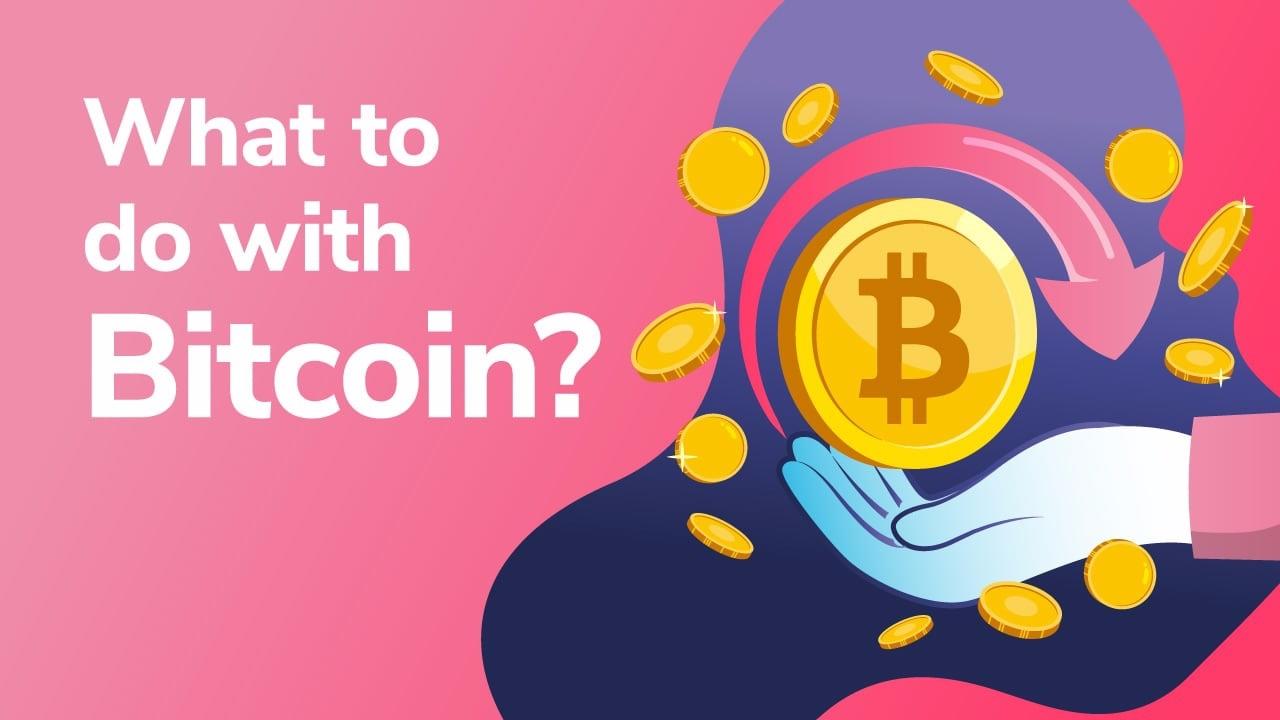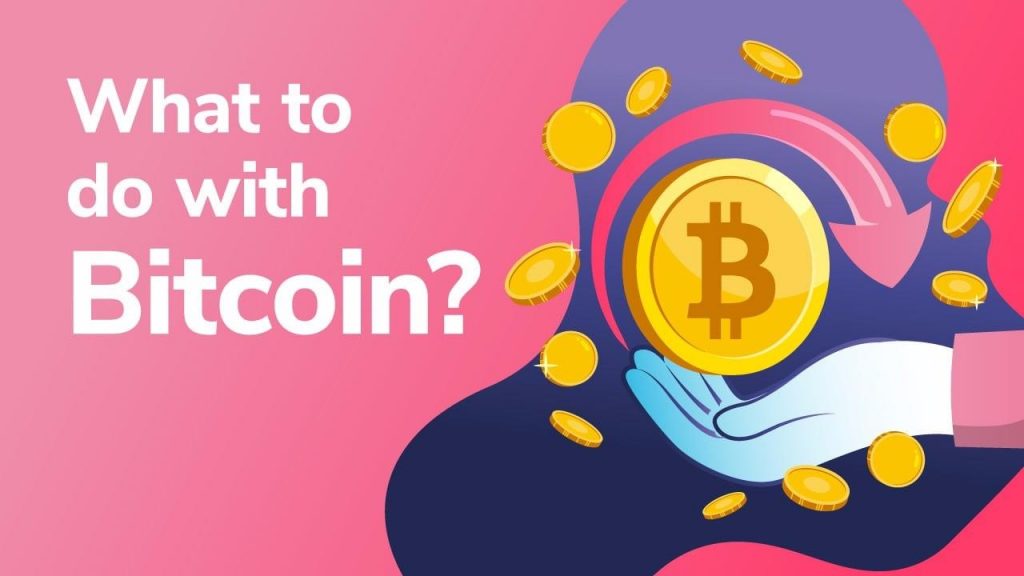
Got Crypto? What To Do With Bitcoin
So, say you’ve just invested in your first crypto, more than likely Bitcoin, and now you’re wondering what to do with it. There are many different options to explore, some of which we will discuss below. Perhaps you are reading this because you feel close to investing in your first crypto, but you are unsure what to do with Bitcoin afterward. Further on, we shall explain the value of holding Bitcoin, alongside ways and means to make your Bitcoin work for you.
Moreover, buying crypto and Bitcoin is becoming more common. Those in the crypto community who are interested in economics may have come across the phrase; “not everyone that buys Bitcoin understands money, but everyone who understands money buys Bitcoin“.
In this article, we illustrate where this phrase comes from, alongside investigating different options for what to do with Bitcoin after you’ve bought it. As a refresher for those unsure of the value propositions of Bitcoin, or people on the fence as to whether or not to invest in crypto, we have explained below the key factors of Bitcoin and how to get hold of some.
Nevertheless, we highly urge you to learn more about Bitcoin if you are looking for what to do with Bitcoin. Ivan on Tech Academy has over 20,000 students already enrolled, and offers a wealth of blockchain courses ranging across various subjects. It has never been easier to learn about crypto, Bitcoin, blockchain and DeFi!
What is Bitcoin?
First and foremost, Bitcoin is a digital currency – or cryptocurrency – which ultimately consists of code. Although this might sound dull at first, this code holds valuable properties that solve many current issues with the legacy financial ecosystem. Below, we explain some of these core properties in simple terms that are easy to understand.
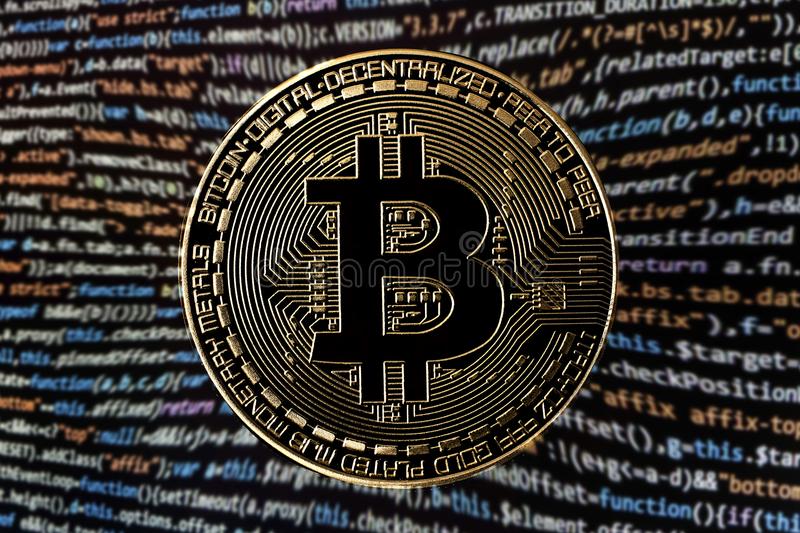
Fungible
Fungibility means being interchangeable, where each asset is worth the same value. Similarly to my ten-dollar bill being valued as the same as your ten-dollar bill, 1 Bitcoin (BTC) is of equivalent value to your 1 BTC.
Divisible
The ideal currency can be divisible to small nominations, such as there are 100 cents to 1 dollar. This makes it easier when buying a variety of different goods or services at a range of varied prices. Bitcoin is highly divisible, with 1 Bitcoin being split into one hundred million satoshis – named after the anonymous founder of Bitcoin.
Capped Supply
One of the key benefits that Bitcoin, which is often called “digital gold”, has over real gold is its capped supply. Specifically, it is written into the code that only 21 million BTC can ever be mined. There has already been over 18.5 BTC million mined, with Satoshi Nakamoto rumored to be holding 1 million. Additionally, more than 4 million Bitcoin have been lost over the years when people have lost their private keys from the early days.
There have been suggestions of Elon Musk mining gold on asteroids, thus increasing the supply of gold. Bitcoin’s supply is strictly scarce, and the scarcity will drive demand increasing the value and price as more people are competing to buy Bitcoin.
Transparent
The technology behind Bitcoin – known as blockchain technology – is a distributed network of computers that are mining transactions by solving extremely complex mathematical equations with enormous amounts of computing power and being rewarded in Bitcoin. The blockchain is an open-source, transparent record of all previous transactions of Bitcoin back to the genesis block (the very beginning of the Bitcoin blockchain), which is viewable to the public online.
Immutability
The records on the blockchain are immutable. This means that transaction histories can not be manipulated, adjusted, or removed. The secure technology removes the threat of double-spending with solid, tamper-proof transaction movements distributedly recorded worldwide. If you’d like to learn more about how this works check out our blockchain technology deep-dive article.
Global
All fiat currencies (government-issued money) are restricted to certain geographic locations, creating a foreign exchange market and fluctuating values of world currencies measured against the US dollar. Bitcoin is a global currency – Bitcoin is available to anyone, anywhere, in the world that has access to an internet connection, regardless of any possible discriminators.
Moreover, Bitcoin is mined, adopted, and accepted worldwide through various merchants and use cases (explained below). In fact, you can literally travel the world with crypto!
Where to Buy Bitcoin
For people new to the cryptocurrency scene, the choice of where to buy Bitcoin can be overwhelming at first with so many options and exchanges out there. It is often deemed easiest for newcomers online to start with a reputable centralized exchange (CEX) that offers a seamless user experience, making the scary parts seem really simple, and giving users the ability to purchase Bitcoin and other cryptocurrencies within minutes.
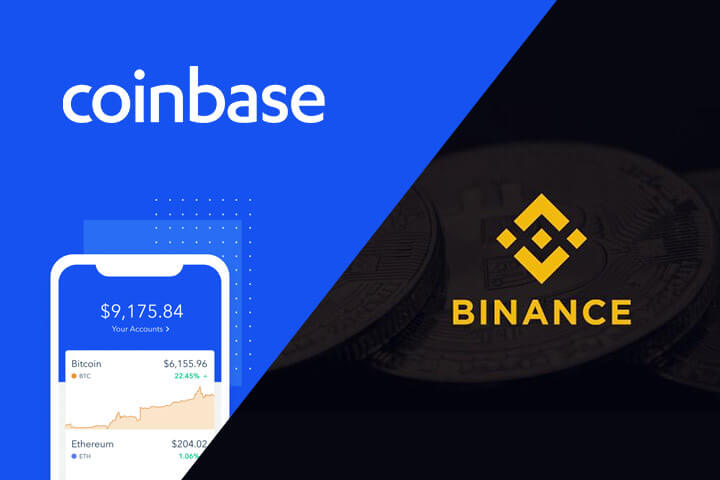
The two largest CEXs, Coinbase by the number of users and Binance with the highest Bitcoin trading volume, offer very different experiences depending on the type of user you’d like to be.
*side note: If you have yet to purchase Bitcoin and after reading this article understand more about what to do with Bitcoin, why not check out our Coinbase vs Binance article to see which one is best for your needs.
CEX vs DEX
In recent months statistics show that the most popular way users are purchasing cryptocurrency is through decentralized exchanges (DEXs). The community’s favorite DEX, Uniswap, has seen a higher trading volume than the largest centralized exchanges (CEXs) in August and September reaching new all-time-highs.
The main difference between a CEX and DEX is the ownership of the private keys to your wallet. With centralized exchanges such as Coinbase or Binance, they hold your private keys in their own secure cold hard storage, creating less responsibility and more efficient experience for users. DEXs on the other hand offer people the chance to interact and swap coins through the smart contract directly on the blockchain, masked by a super simple graphical user interface. Anyone can use DEXs with their own wallets such as Metamask, whereby they have true ownership of their private keys. Read more about decentralized exchanges here.
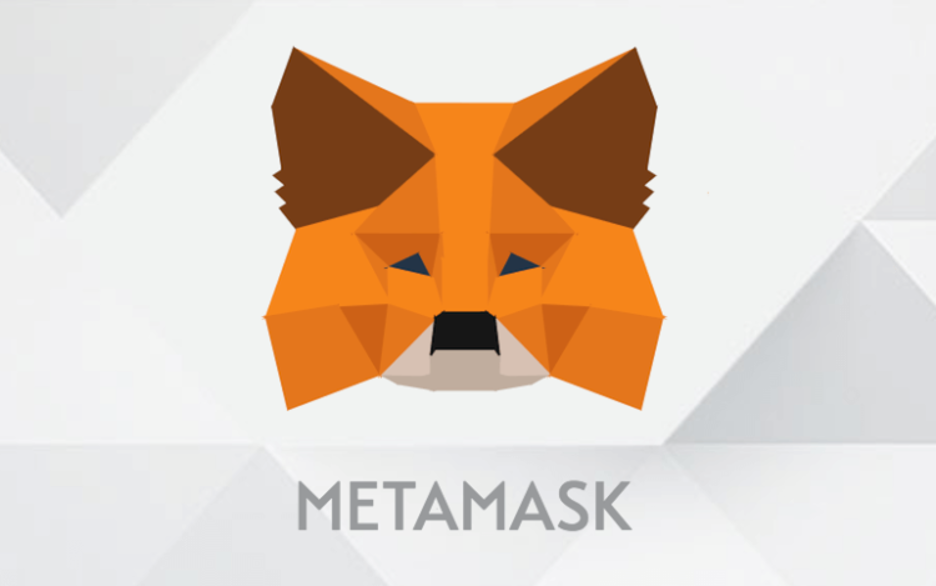
2020 has seen an increase in over double the amount of Bitcoin ATMs available since 2019, with over 10,000 now placed in local convenience spots worldwide. Not only does this provide the easiest way to convert cash to Bitcoin, but millions of people around the globe will also be seeing these machines around, increasing the awareness and inquisitiveness of cryptocurrency.
Does Bitcoin or crypto seem like something for you? In that case, you will be able to find a community of thousands of like-minded people at Ivan on Tech Academy, the premier blockchain education platform. What’s more, you will get 20% off on Ivan on Tech Academy if you enroll now using the exclusive promo code BLOG20.
What To Do With Bitcoin
The cryptocurrency market is a free market, digital assets are valued entirely on the demand and supply of the assets. Unlike the traditional stock market, asset prices can not be inflated or manipulated, and the value of the market capitalization is determined by the people.
With true ownership of an asset that can not be removed or censored by any centralized party, there are a plethora of activities for your Bitcoin to partake in, however they all branch back to 3 main options in what to do with Bitcoin: spend, hold, trade.
Spend
Some people may choose to buy Bitcoin as a long-term investment, something to come back to in five to ten years. However at this very early stage in the game, for the cryptocurrency to grow and become used globally, as written in the Bitcoin whitepaper, the currency must be used and transacted to drive demand for merchants and high-street retailers to jump on board and accept cryptocurrency payments. This is how the network grows. The bigger the network grows, the stronger it gets.
Other people in countries with severe economic challenges, such as hyperinflation, recognize that by switching their fiat government money into Bitcoin, they maintain their purchasing power over goods that are rapidly inflating in price.
Furthermore, it has never been easier to spend your cryptocurrency. With increasing online crypto merchants, PayPal adopting Bitcoin, and Visa and Mastercard integrations creating crypto debit cards. One could already live entirely through earning and spending crypto for their every-day transactions.
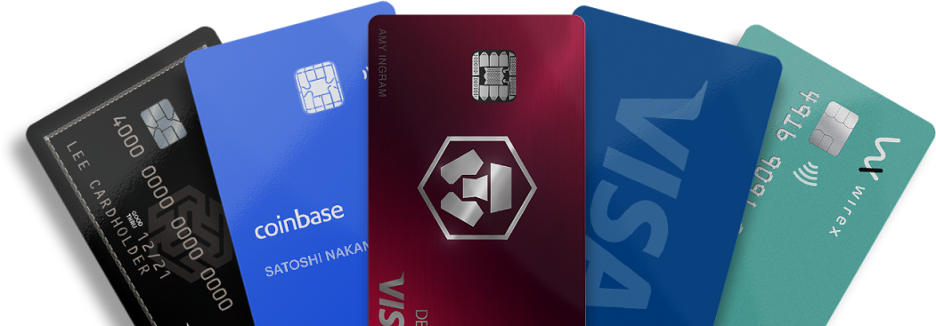
With crypto-banks beginning to pop up – such as Pluton, Monolith, and Kraken recently gaining a banking license – you can really spend your Bitcoin on anything. Plus you can earn discounts for paying in crypto or receive crypto-cashback with certain card providers.
Hodl
The term ‘hodl‘, or ‘hodling‘, refers to holding your cryptocurrency for a sustained period. The term originally came from a typo in an email – and the name has since stuck!
So, why do people hodl their coins? Usually, this is because the long-term hodlers can see the future value and potential of Bitcoin, therefore deem it to be more profitable to hold tight and wait for a future bull market.
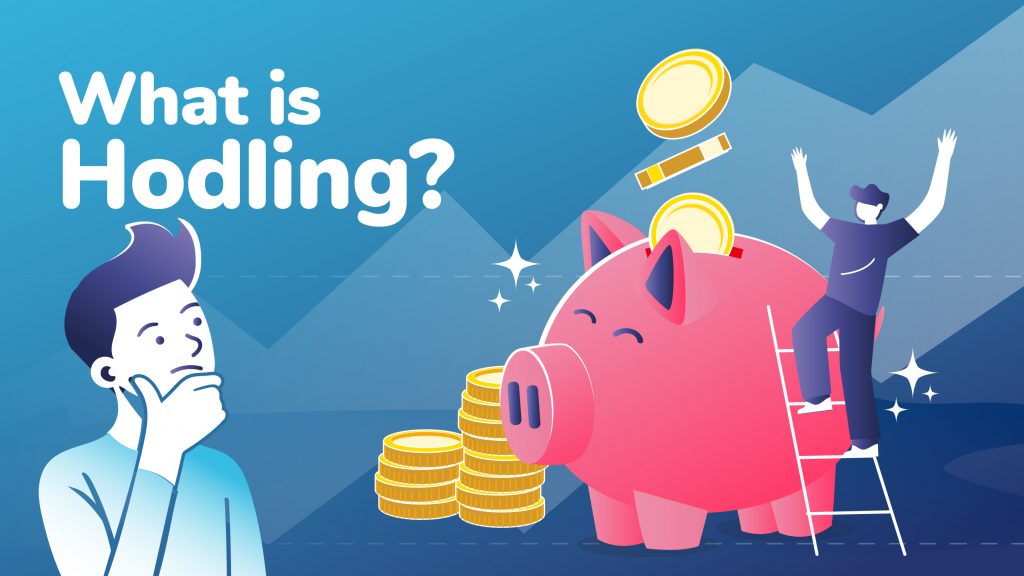
Again, for those living in struggling economies, transferring their money to Bitcoin provides a store of wealth and a chance for them to save some wealth for the future.
Hodling is becoming increasingly encouraged with new and attractive staking rewards with platforms such as BlockFi and Aave. Ethereum is switching its consensus algorithm from Proof of Work to Proof of Stake, requiring validators to stake a minimum of 32 ETH.
There are higher rewards for longer-term hodling, with rewards dependent upon the platform, asset, and timeframe. These rewards are to help onboard and attract new users, and probably won’t be available for too long. Those who manage to get skin in the game early are sure to be rewarded for doing so.
Trade
Bitcoin and blockchain technology has created a platform for thousands of other cryptocurrencies to be invested and traded with. Bitcoin has thousands of trading pairs with different cryptocurrencies.
Many different centralized and decentralized platforms offer trading of Bitcoin with other larger cryptocurrencies, or altcoins, however, the second-largest cryptocurrency Ethereum, is still unable to offer a direct trading pair with Bitcoin. Ethereum founder Vitalk Buterin has tweeted that he’s working on it.
If you would like to try day-trading with Bitcoin, knowledge of technical analysis, education on trading, and understanding of the markets and economy are essential. This is not recommended for new people to the scene so it’s important to gain some prior knowledge.
There are plenty of trading sites available online, some requiring KYC (Know-Your-Customer), a 2 or 3 step identification verification process, and some that don’t.
In addition, there are over a hundred different crypto gambling sites where you can use your Bitcoin to play poker or place bets. Although there is a lot to choose from, make sure to DYOR (Do Your Own Research) before transferring any funds across. A quick Google search should be able to tell you if a site is a scam or not.
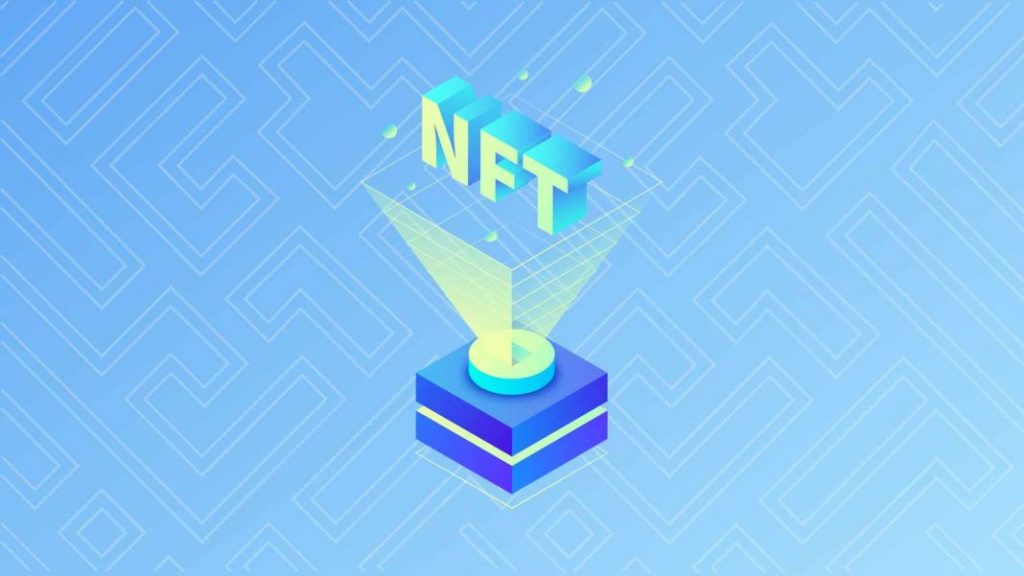
A more recent emerging market is the NFT (non-fungible token) unique asset tokens, which can represent digital art, real estate, or collectible items in gaming. The NFT market has tremendous growth potential, with some choosing to invest their Bitcoin in NFTs now, in the hopes of selling them later down the line for more Bitcoin.
Why Go Crypto?
There are many different reasons people choose to invest their wealth into Bitcoin and other cryptocurrencies, however, there are a few common narratives.
Faith in the US dollar is declining with QE Infinity (money printer goes brrr) for yet another round of stimulus cheques is due. The stock market value no longer reflects the economic scene on the ground for the everyday person, with growing concern at the disparity. Many are calling for a sharp stock market correction, and are turning to cryptocurrency as an alternative.
With influencer investors Warren Buffet removing bank shares from his portfolio, and Robert Kiyosaki calling for the collapse of the dollar, some are wondering whether crypto will kill banks, with better experiences and incentives being offered through decentralized finance and blockchain-based financial services online.
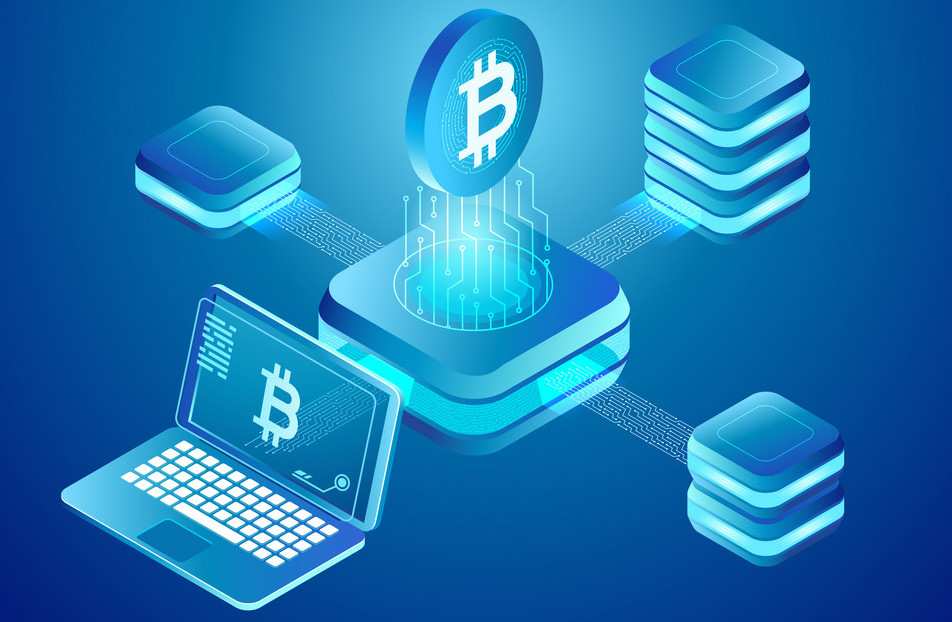
The blockchain industry is just over ten years old, still in its infancy growing to reach its full potential. We are still early on in the development and adoption, and people are beginning to recognize the opportunity that’s in front of them. Blockchain will slowly creep into our lives before one day everyone uses it. From healthcare to politics, insurance to real estate, music to gaming, blockchain technology is going to have a massive influence on the way we live and work.
Also, blockchain has opened up a variety of different crypto careers that can put you at a competitive edge over most people at this stage, with the chance to earn a high-salary, remote working and self-employment opportunities.
Conclusion
Bitcoin is primarily being used as a store of wealth, and there are different options to store, stake, or put your money to work for you and earn a decent passive income.
There is no right or wrong with crypto, these investments allow you to be your own bank. You can freely choose what to do with Bitcoin following purchase. If you choose to spend Bitcoin, ideally don’t spend more than you’d like to save. If you want to trade Bitcoin, then make sure not to invest more than you can afford to lose. Choosing to sit and hodl tight is arguably the safest option, however, remember to keep your private keys in a safe place – but not so safe you can’t access them again!
Still unsure about your investments? Why not check out a breakdown of Bitcoin vs Stocks vs Gold to compare and evaluate their value, history, and future. However, before you start trading, you should definitely check out the crypto basics in one of Ivan on Tech Academy’s courses. We look forward to seeing you in the Academy!
